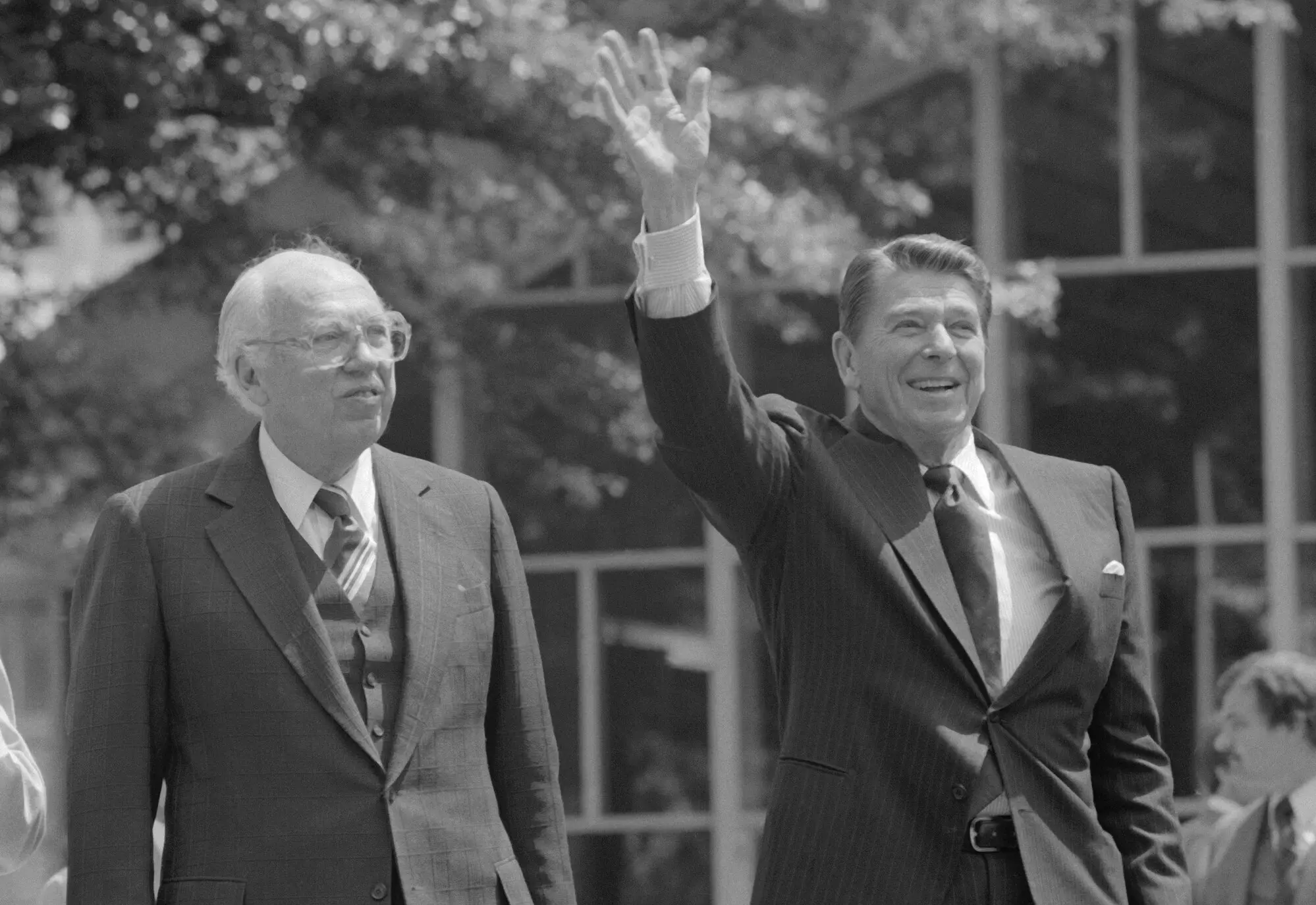
The New York Times published an expose this weekend that accuses the Presidential campaign of Ronald Reagan of thwarting the Iran hostage negotiations in order to the White House away from incumbent President Jimmy Carter.
If this is true, it would confirm yet another conspiracy theory as a true conspiracy. It would also put the Stormy Daniels hush money into a strange perspective. So let’s go through it.
The story comes from Ben Barnes, an influential Texas politician who was once the youngest speaker of the Texas House of Representatives and later lieutenant governor. He says that he went on a tour of the Middle East with his mentor John B. Connally Jr. who had himself ran in the 1980 Presidential primary race only to be beat out by Reagan. Connally, Barnes says, made a deal with leaders in Iran: “Don’t release the hostages before the election. Mr. Reagan will win and give you a better deal.”
After they returned from that trip, Barnes says that Connally reported directly to “William J. Casey, the chairman of Mr. Reagan’s campaign and later director of the Central Intelligence Agency, briefing him about the trip in an airport lounge.”
The New York Times spoke to four people close to Barnes who could corroborate this story and they were able to confirm the trip through travel records in the travel records at the Lyndon Baines Johnson Library and Museum.
For years this was called a conspiracy theory cooked up by the Carter administration. A congressional investigation was held but Connally was never brought into it. In fact, the incident is where the term “October surprise” comes from.
Barns says that he felt the need to say this publicly as former President Carter is now in hospice care, perhaps as an attack of conscience.






